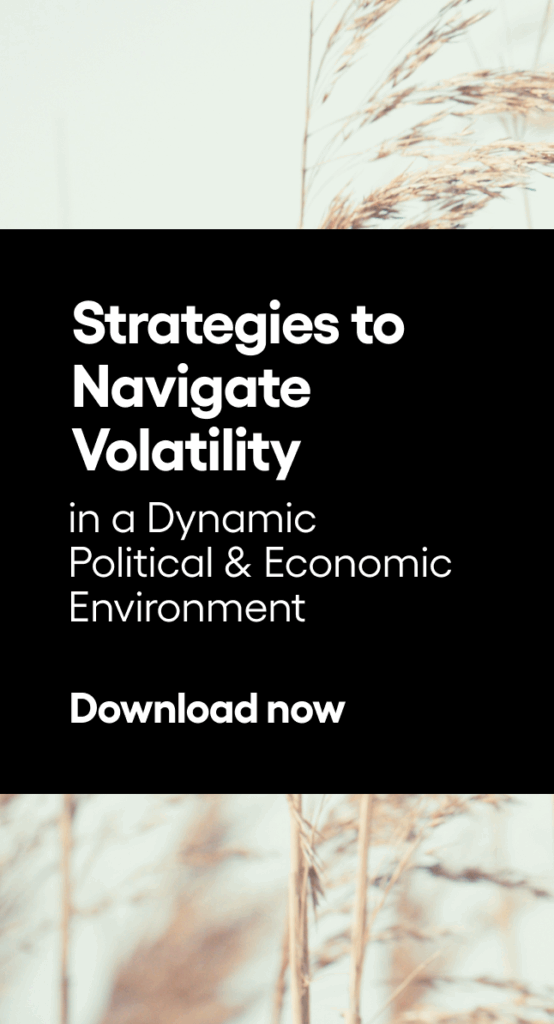Streamlining Privilege Logging in the AI Era: Navigating Modern Litigation Challenges
In an article that appeared in Corporate Counsel on October 4, 2024, Aaron Crews, Chief Innovation Officer at UnitedLex, comments on the traditional privilege logging process in litigation as a resource-intensive and time-consuming task. However, recent advancements in artificial intelligence (AI) and machine learning are revolutionizing this aspect of e-discovery, offering new opportunities for efficiency and effectiveness.
Crews references a recent UnitedLex survey that found nearly half of law firms and legal departments are already using or planning to use generative AI for privilege logging. This trend reflects the growing recognition of AI’s potential to transform complex legal processes.
The Sedona Conference Working Group 1 has responded to these developments with its Commentary on Privilege Logs, released in May 2024. This comprehensive guide offers strategies and tools to alleviate the burdens associated with privilege logging, addressing challenges posed by large volumes of electronically stored information (ESI).
Key technologies and strategies highlighted in the article include:
- Technology-Assisted Review (TAR) and predictive coding for automating document categorization
- Enhanced collaboration between responding and requesting parties
- Sampling and statistical analysis to estimate privileged document prevalence
- Early case assessment to identify potential privilege issues
- AI-powered tools for custodian identification, subject matter summarization, and exclusion identification
While AI offers significant benefits in terms of cost reduction, efficiency, and accuracy, the article emphasizes the importance of addressing ethical considerations. The American Bar Association’s Formal Opinion 512 provides guidance on the ethical use of generative AI tools, stressing the need for competence, diligence, and protection of client confidentiality.
As the legal profession navigates this evolving landscape, it’s crucial to recognize that AI is not a panacea for all privilege logging challenges. Instead, it should be viewed as a powerful tool within carefully designed workflows that still require human oversight and judgment.
By embracing these technological advancements while adhering to ethical guidelines, legal practitioners can streamline the privilege logging process, reduce costs, and achieve more efficient outcomes in modern litigation.
Read the full article here (paywall): Streamlining Privilege Logging in the AI Era: Navigating Ethics and Complexities in Modern Litigation















